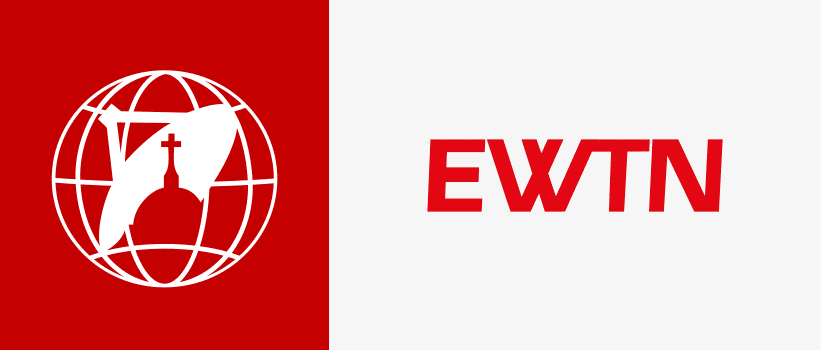Nicaraguan dictatorship eliminates tax exemptions for Catholic and Evangelical churches
By Walter Sánchez Silva
One day after canceling the legal status of 1,500 NGOs in Nicaragua, the dictatorship of President Daniel Ortega and his wife, Vice President Rosario Murillo, eliminated the income tax exemption for churches.
Lawyer and researcher Martha Patricia Molina considers the measure a “fiscal blow” that will end up “financially suffocating the (Catholic) Church so that it falls under its own weight.”
The official government newspaper La Gaceta published Law 1212 on Aug. 22, which modifies three other laws: the law on regulation and control of non-profit organizations, the law on regulation of foreign agents, and Law 822 on tax coordination. The newspaper reported that this decision comes from the country’s legislature at Ortega’s initiative.
Article 5 of Law 1212 orders: “Repeal section 3 of article 32 of the Tax Coordination Law” of 2012, as well as its reforms.
Section 3 of article 32 stated that “Churches, denominations, confessions and religious foundations that have legal personhood, in terms of their income coming from activities and assets exclusively destined for religious purposes” were exempt from income tax.
An expert quoted but not identified by the newspaper La Prensa explains that with this decision by the dictatorship “all churches of any denomination will be subject to the fiscal terrorism to which the dictatorship has subjected the private sector and now religious institutions,” and they will have to pay between 10 and 30% in income tax.
Regarding this decision, Molina, author of the report “Nicaragua: A Persecuted Church?” which cited 870 attacks by the dictatorship against the Catholic Church since 2018, claimed that government authorities have already been to parishes asking for documents related to their accounts.
In “previous weeks, the regime’s authorities had visited parishes to request information on how they keep their accounts, they asked to see the general and minor ledgers, income and expenses, which is obviously not done this way in parish administration,” Molina wrote on X.
“Now the priests will have to hire a CPA [certified public accountant] to keep all these accounts and also say who their main donors are,” she added.
The specialist quoted by La Prensa also indicated that religious schools will also be subject to the tax regimen. A “fiscal hell for the churches is coming,” he warned.
Regarding this and other decisions by the dictatorship, Vice President Murillo commented that they have been made as “an act of solidarity.”
“We have said in recent days that each organization, according to its nature or field of action, requests enrollment in the Partnership Alliances with the Ministry of the Interior or the Ministry of Foreign Affairs, to carry out its programs or projects, whatever they intend to carry out in the country, within the stipulated framework of respect for the laws of our country and above all knowing that their work is one of fraternity and solidarity, such that, therefore, there are no other considerations that can be put forward regarding their operations, nor exemptions, nor special treatment, in fiscal terms,» Murillo stated.
Felix Maradiaga, former presidential candidate and president of the Freedom for Nicaragua Foundation, said Aug. 20 in 100%Noticias that “history has shown us that repression cannot indefinitely stifle a people’s desire for freedom. Nicaragua, with its rich tradition of faith and resistance, will not be the exception.”
“Churches and civil society will continue to be bastions of dignity and courage, bravely confronting tyranny. And it is our responsibility, as defenders of human rights, to raise our voices and support those who, despite everything, continue to fight for a free and just future for Nicaragua,” he declared.
This story was first published by ACI Prensa, EWTN Norway’s Spanish-language news partner. It has been translated and adapted by CNA.




